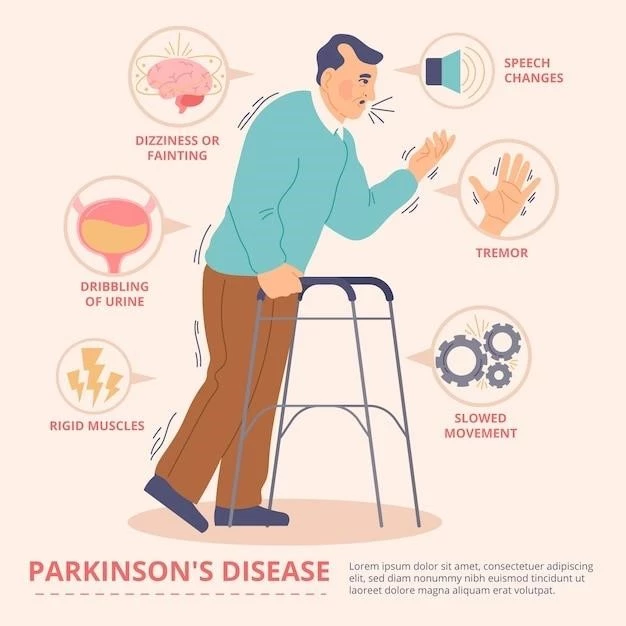Introduction to Muscular Dystrophy White Matter Spongiosis
Internet sources provide information on congenital muscular dystrophy with cerebral white matter spongiosis, detailing the impact of abnormal genes on muscle protein production resulting in weakness and muscle loss.
Muscular dystrophy encompasses a group of genetic disorders characterized by progressive muscle weakness and degeneration. This arises from mutations impacting protein production essential for muscle health. Symptoms usually emerge in childhood, predominantly affecting boys. Specialists conduct extensive research to shed light on the complexities of Muscular Dystrophy and its variants, including the rare Muscular Dystrophy White Matter Spongiosis syndrome. Clinical features, diagnostic pathways, and available support resources play pivotal roles in the comprehensive management of individuals with this condition.
Overview of Muscular Dystrophy
Muscular dystrophy is a group of genetic disorders leading to progressive muscle weakness and loss caused by abnormal gene mutations affecting protein production essential for muscle health. Symptoms often appear in childhood, predominantly affecting males.
Causes and Symptoms of Muscular Dystrophy
Muscular dystrophy is a genetic disorder caused by mutations that interfere with muscle protein production, leading to progressive muscle weakening and deterioration. Symptoms typically manifest in childhood, affecting males more severely due to X-linked inheritance patterns.
Types of Muscular Dystrophy
Muscular dystrophy encompasses various types, including Duchenne, Becker, myotonic, congenital, and facioscapulohumeral muscular dystrophy. Each type differs in onset, severity, affected muscles, and genetic mutations.
Muscular Dystrophy White Matter Spongiosis Syndrome
Internet sources provide detailed insights into the rare syndrome, emphasizing the connection between congenital muscular dystrophy and cerebral white matter spongiosis.
Diagnosis and Clinical Features
Diagnosing Muscular Dystrophy White Matter Spongiosis involves comprehensive evaluations, including genetic testing, muscle biopsies, and imaging studies to identify cerebral white matter changes. Clinical features encompass progressive muscle weakness, loss of muscle mass, and neurological manifestations, emphasizing the need for specialized care and ongoing monitoring.
Research and Specialists in Muscular Dystrophy White Matter Spongiosis
Experts researching Muscular Dystrophy White Matter Spongiosis have made significant contributions through grants, articles, clinical trials, and organizational involvement. These specialists play a crucial role in advancing understanding and treatment of this rare syndrome.
Support Resources for Muscular Dystrophy White Matter Spongiosis
Online sources offer community groups and advocacy organizations providing support and valuable information for individuals with Muscular Dystrophy White Matter Spongiosis syndrome.
Community Groups and Advocacy Organizations
Community groups and advocacy organizations play a crucial role in supporting individuals and families affected by Muscular Dystrophy White Matter Spongiosis. These groups offer valuable information, emotional support, and resources to navigate the challenges of this rare syndrome.
Healthcare Providers Specializing in the Syndrome
Clinical healthcare providers specializing in Muscular Dystrophy White Matter Spongiosis offer expertise in the diagnosis, treatment, and management of this rare syndrome. These specialists play a vital role in providing specialized care and support to individuals affected by the condition.
Online sources offer insights into available genetic tests and therapeutic approaches for Muscular Dystrophy White Matter Spongiosis, aiding in diagnosis and management.
Information found on the internet provides details on available genetic tests and therapeutic approaches for individuals with Muscular Dystrophy White Matter Spongiosis syndrome, aiding in accurate diagnosis and personalized treatment strategies.
Genetic Testing and Treatment Options
Online sources mention available genetic tests and therapeutic approaches for addressing Muscular Dystrophy White Matter Spongiosis, contributing to accurate diagnostic procedures and treatment plans.
White matter spongiosis can significantly affect the diagnostic process and prognosis of individuals with Muscular Dystrophy White Matter Spongiosis. For accurate diagnosis and effective management, understanding the relationship between white matter changes and disease progression is essential.
Online sources provide insights into how white matter spongiosis can impact the diagnosis and prognosis of individuals with Muscular Dystrophy White Matter Spongiosis. Understanding the relationship between white matter changes and disease progression is crucial for effective management and prognostic evaluation.

Impact of White Matter Spongiosis on Diagnosis and Prognosis
White matter spongiosis can have significant neurological manifestations associated with the progression of Muscular Dystrophy White Matter Spongiosis syndrome. Understanding these manifestations is crucial for diagnosis and patient prognosis.
Information available online discusses the potential links between Muscular Dystrophy and other disorders, shedding light on possible associations with conditions like autism spectrum disorder and brain abnormalities.
Association Between Muscular Dystrophy and Other Disorders
Internet sources discuss the potential co-occurrence of Muscular Dystrophy and Autism Spectrum Disorder, highlighting the intricate relationship between these two conditions.
Link Between Muscular Dystrophy and Brain Abnormalities
Online sources explore the connection between Muscular Dystrophy and brain abnormalities, focusing on the impact of cerebral white matter changes on individuals with the condition.
Studies and initiatives are ongoing, including gene editing technologies and research advancements, aiming to improve treatments for Muscular Dystrophy White Matter Spongiosis syndrome.

Current Developments and Initiatives
Research and initiatives, including the Catalyst Pathways Program for patients and caregivers, aim to provide personalized guidance and support for individuals affected by Muscular Dystrophy White Matter Spongiosis syndrome. Additionally, advancements in gene editing technologies are paving the way for novel therapeutic approaches to enhance patient care.
Research Advances and Gene Editing Technologies
Current research is focusing on advancements in gene editing technologies to potentially enhance the treatment options for individuals with Muscular Dystrophy White Matter Spongiosis syndrome. These cutting-edge technologies may revolutionize therapeutic approaches for better patient outcomes.
